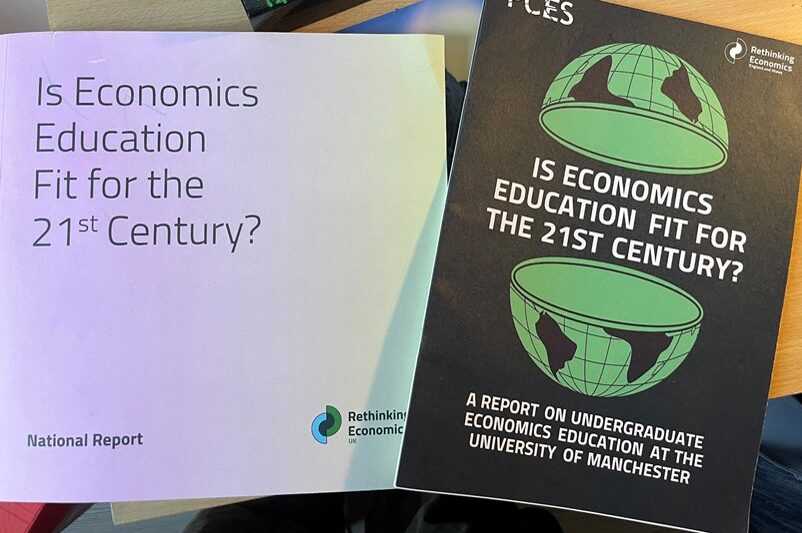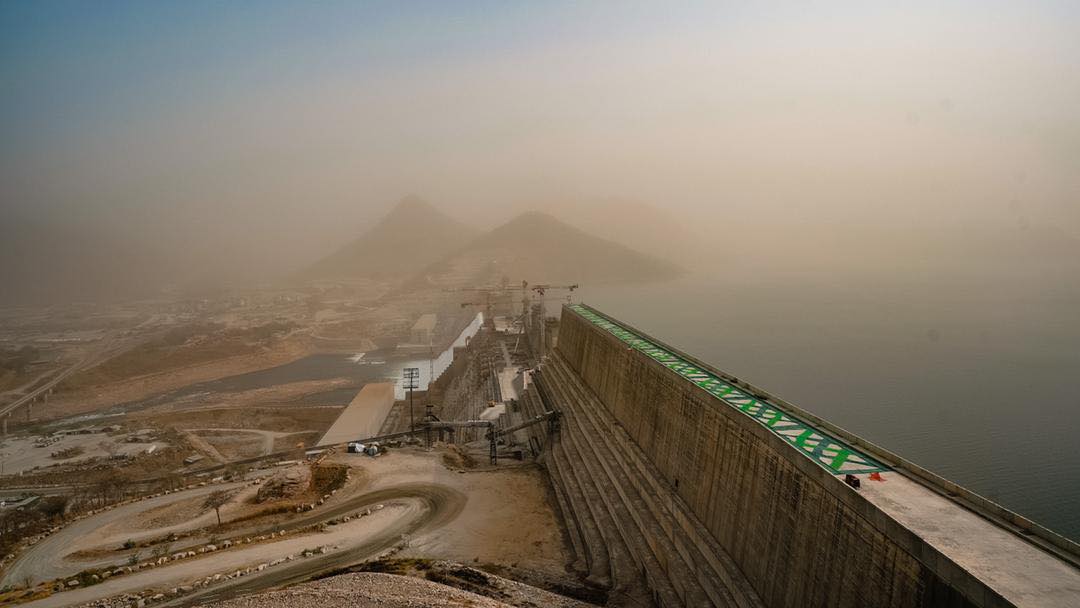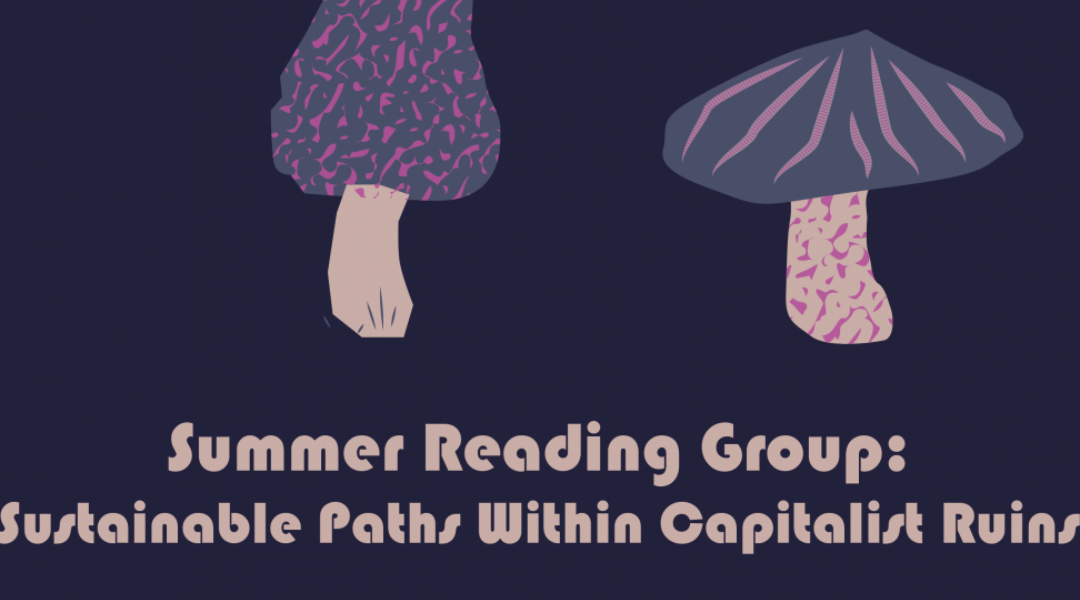
New research project explores Syrian refugee crisis in Turkey in wake of 2023 earthquake

Update: Rethinking Economics Report and Student Reflections
A few months ago, the University of Manchester’s Post-Crash Economics Society and Rethinking Economics launched a report examining whether the economics curriculum is capable of tackling the world’s mounting crises. Global Development undergraduate and report contributor Sammi Dé wrote a blog about the report’s conception and his views surrounding the limitations of mainstream economic pedagogies.
Recently, Rethinking Economics published another scaled-up report examining the state of economics courses across UK universities. Now in his second year, Sammi reflects on some of the findings in the following blog, as well as the state of economics more generally.

Dams, Power and the Politics of Ethiopia’s Renaissance
by Dr Tom Lavers, Reader in Politics, Global Development Institute
More than 13 years after Ethiopia’s former Prime Minister Meles Zenawi laid its foundation stone, the Grand Ethiopian Renaissance Dam (GERD) is finally nearing completion. A new open access book, Dams, Power and the Politics of Ethiopia’s Renaissance, examines the domestic and international political economy drivers of Ethiopia’s dam building programme and the role of electricity within Ethiopia’s project of state-led development.

COVID-19 deaths and global value chains: Labour losses cast long shadows
by Dr Gindo Tampubolon, Reader in Global Health
The COVID-19 pandemic forced countries to make difficult choices between protecting lives and supporting livelihoods, including jobs in global value chains (GVCs). While some countries reinforced onshore manufacturing capacity for essential goods, others reconfigured their participation in GVCs – the complex networks that have delivered the fruits of globalisation. Beyond policy choices, did the pandemic’s toll of 14 million excess deaths leave a lasting imprint on GVCs?

MSc Human Resource Management students get together to kick off the year
By Lujia Feng, MSc Human Resource Management Programme Director
At the beginning of this academic year, students on our MSc Human Resource Management (International Development) programme took part in a social session and event to get to better know their peers and to share their learning experience within GDI.

GDI launches new PhD in Development Studies
GDI is pleased to introduce a new PhD in Development Studies programme, with a Development Economics Pathway, for 2025 entry. The PhD in Development Studies will enable candidates to carry out a piece of in-depth research in a chosen area of interest as part of the Rory and Elizabeth Brooks Doctoral College.

GDI Research Digest: Probing Prevalent Development Narratives
By Dr Louisa Hann
The field of Development Studies is no stranger to grand narratives. One much-cited example concerns the inaugural address of US President Harry S. Truman in 1949. Tasked with inspiring national optimism and pride in a context of Cold War tensions and collapsing European imperialism, Truman deployed the language of development to position the US as a heroic global actor. Given its superior abilities to amass wealth and produce advanced technologies, the story went, the US was primed to help poorer parts of the globe ‘catch up’ through generous aid and development programmes.
Beneath the surface of this triumphal rhetoric, however, lay realities of colonial violence and dispossession that spurred the US to global hegemonic dominance. As many critical development scholars point out, Truman’s words implicitly disavowed this history by characterising disparities between nations as ‘natural’ and therefore legitimate. What’s more, pinning the notion of ‘progress’ to delimited models of capitalistic growth and industrialisation validated the implementation of policies that have negatively impacted the Global South.

Global warming, national vulnerability and personal anxiety in 113,00 teenagers and adults from 108 countries: How does trust in science affect mental health?
by Dr Gindo Tampubolon, Reader in Global Health
A series of six scientific assessments by the Intergovernmental Panel on Climate Change reports with increasing confidence that global warming poses major risks to the earth and its people. What is equally clear is millions of people do not trust the fact.
The assessments have been diligent in documenting and refining the consequences of global warming to nations and citizens, their well-being, livelihoods and health. Heat exhaustion, for instance, puts older adults at risk of heart failure, while increased awareness of climate change has been linked to a rise in common mental health issues such as anxiety.

GDI is looking to host Leverhulme early career fellows for the 2025 call
You can now submit an expression of interest for the Leverhulme Early Career Fellowships ahead of the deadline of 18th November 2024.

Foraging for sustainability amongst capitalist ruins
This post was originally published on the University of Manchester’s Sustainable Consumption Institute Blog.
Image credit: Mark Shtanov
